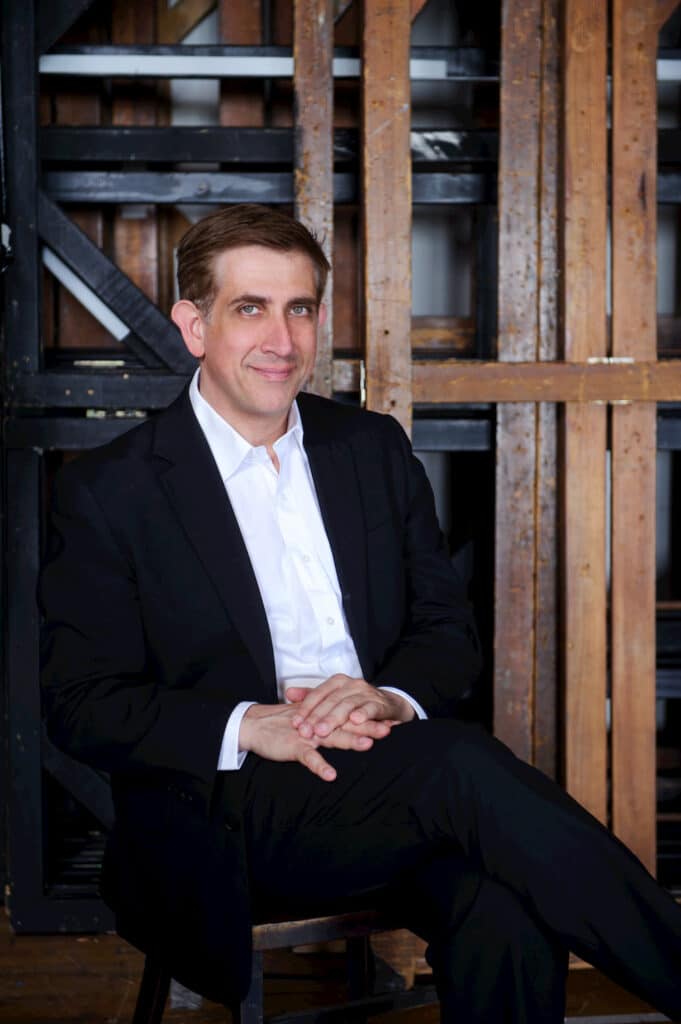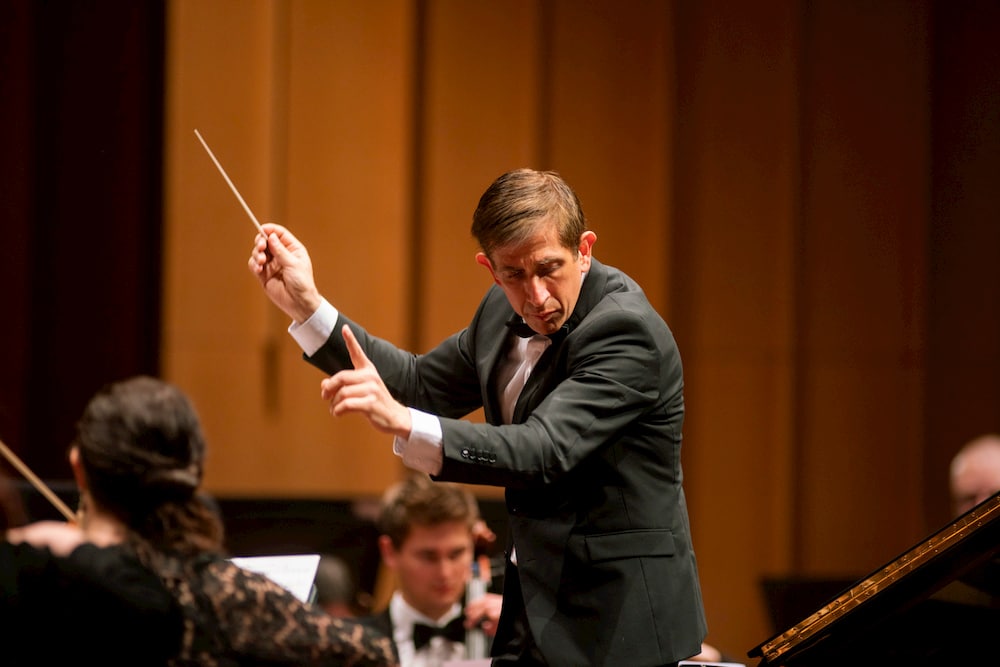Canberra Symphony Orchestra (CSO) artistic director and chief conductor Nicholas Milton announced at the 2020 season launch last year that it would be his last in the role after a fruitful 15 years.
The disrupted nature of 2020 has meant Milton hasn’t been able to say goodbye in the way he would have liked due to other commitments keeping him in Europe.
CW spoke with Milton about his tenure as it comes to an end.
How has the CSO changed over your 15 years as artistic director and chief conductor?
When I first worked with the CSO as a guest conductor in 1999, the orchestra already possessed a unique performance and aesthetic culture. The CSO had benefited immeasurably from the unparalleled dedication of my distinguished predecessors … most notably, Leonard Dommett, the legendary Ernest Lllewellyn, and, most recently, the inimitable Richard Gill.
A conductor is constantly inspired, challenged, motivated and driven (only occasionally to madness) by the musicians with whom we are privileged enough to share a stage. I could never deeply enough express my sincerest thanks to the musicians of the Canberra Symphony Orchestra – past and present – who trusted me and inspired me with their artistry, passion, dedication and musical integrity.
What is your proudest achievement during your tenure?
I am particularly proud that the CSO has, especially over these last 15 years, provided a wealth of performance opportunities to many outstanding Australian artists, both emerging and established. This has been central to our vision as the orchestra serving the nation’s capital.
Equally central has been our commitment to the creation and celebration of Australian music. Curated during my tenure by my dear friend Professor Matthew Hindson AM, our Australian Series is a truly remarkable, successful initiative in the national orchestral landscape.
I’m also very proud of the ways in which the CSO’s education and community engagement initiatives have brought the joy of music to children of all ages and backgrounds.
What prompted your decision to move on?
Orchestras need to plan such transitions carefully and well in advance, and I just sensed a couple of years back that it would be the right time to conclude this chapter at the end of 2020. As things have developed with my career in Europe (a couple of new appointments and now very regular engagements at the Deutsche Oper Berlin), as well as with the availability of my wonderful colleagues Jessica Cottis and Simon Hewett to work in Canberra from next season – it turned out to be a good decision.
Do you plan on continuing to be involved with the CSO?
No, not at all – a new artistic direction team should be given the courtesy of a clean slate to reinvent, redirect, and refocus the orchestra to explore its limitless potential. But I would love the chance, maybe a few years from now when I’m older and wiser, to come back for one concert as a guest to say good-bye and thank you in person to the musicians and the Canberra community at a “farewell” concert that sadly couldn’t take place in 2020.
How will you reflect on your time at the CSO?
I have had so many memorable performance experiences with the orchestra: countless moments on the Llewellyn Hall stage, including large-scale gala and opera events and concerts with massed community choirs; joyful outdoor performances on the lawns of Government House; and our iconic Canberra Centenary collaboration with Robyn Archer, premiering Andrew Schulz’s Centenary Symphony with fireworks for an audience of thousands.

But the most special memories are the closed concerts we presented for school-aged children, including performances designed for children with special needs. The joy in the eyes of those young people and the moving conversations I had with teachers will stay with me.
Some questions and Nicholas Milton’s answers have been condensed for publication.
For more arts and entertainment stories:



